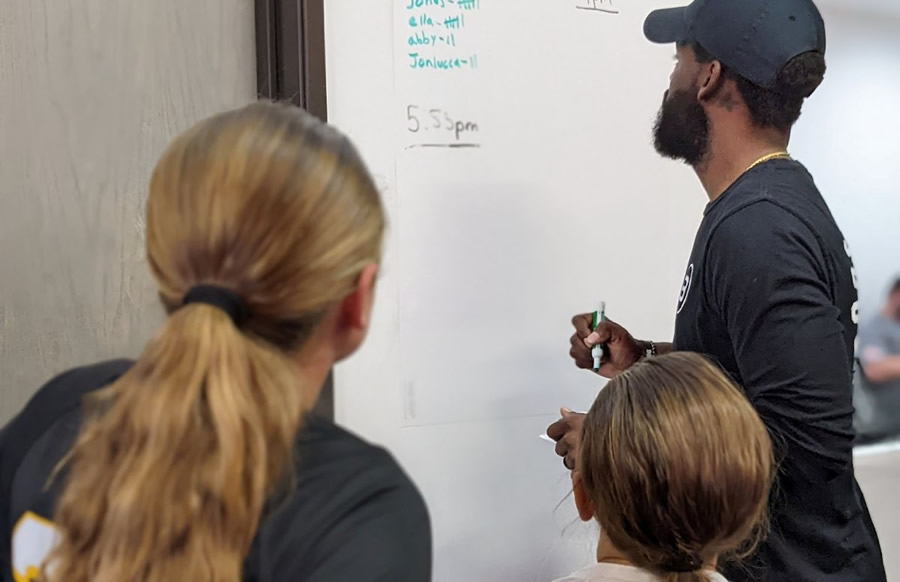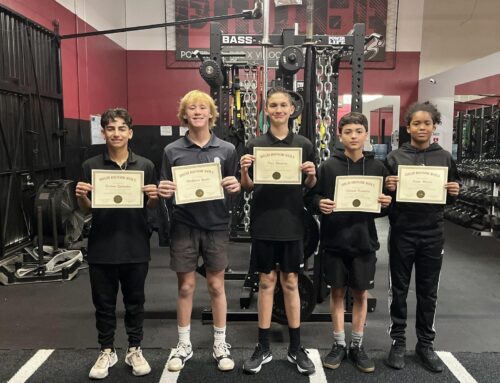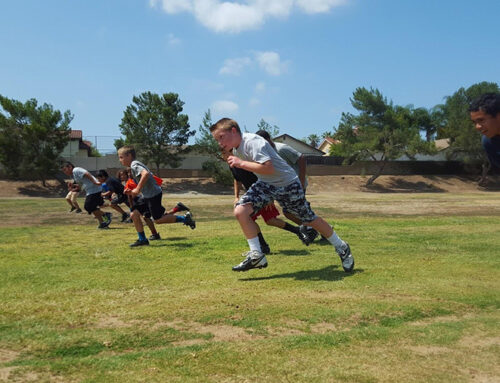Did you know that there is next to no data on sports nutrition for female athletes. Don’t get me wrong the data is slowly growing but up until recently almost all sports nutrition research and recommendations were based on information collected on men. This void of information has led to an unfortunate stigma, and misinformation surrounding females and nutrition. The information I’m sharing here is based on research conducted by renowned dietician Susan Kleiner. At my gym, the Boost Performance Center, nutrition is a big part of our programs. If an athlete comes to us looking to gain lean muscle, designing a plan that incorporates lean meats, fruits, veggies, and unprocessed foods are crucial to helping them achieve their goals. While research has shown that strength training for female athletes is just as important for performance as it is for men, we don’t talk enough about how female athletes need fuel for optimal performance. Because after all, women are not small men. Listed below are a few key facts that all young female athletes should know about fueling themselves for optimal performance.
Body Fat Percentage
Like all the information presented here, I share this not to make rules as to what being a competitive female athlete looks like, but to provide science based information to help young women make the best decisions that moves them closer to their goals. A healthy range of body fat for women in general is 20-25%. If you’re a female athlete who consistently strength trains your body fat percentage could be around 10-18%, while elite female athletes can have less than 10% body fat. A low body fat percentage can certainly be desirable for some as it can improve performance, while others may naturally have a low body fat percentage due to genetics. Either way, if a lower body fat percentage makes sense for you it’s perfectly fine as long as it doesn’t involve severely restricting calories. Calorie restriction combined with over exercising depletes body fat stores to unhealthy levels, which elevates the risk of the female athlete triad syndrome.
Female Athlete Triad
- Occurs when women deliberately try to lose weight in order to improve their performance or appearance
- Body fat is drastically reduced leading to ovaries cutting back production of estrogen.
- With reduced estrogen menstrual periods become irregular or cease altogether.
- Poor diet & low calcium intake along with low estrogen levels can lead to increased risk of fracture as osteoporosis becomes a serious concern.
- For more information visit www.femaleathletetriad.org)
To prevent the female athlete triad follow these recommendations
- Follow a healthy, energy-rich diet adequate for the demands of your sport
- Increase your caloric intake and make sure you get adequate calcium and vitamin D to help guard against osteoporosis
- Cut back on training intensity
Energy Needs for the Female Athlete
When an athlete’s calorie intake is low, a low output (low training intensity) reflects the low intake. The low output is not necessarily her optimal achievable output.
How do you know if your calorie intake is low? You’ll typically feel…
- Your training harder but performance is worse
- Your eating less but getting softer
- You feel you have brain fog
- You don’t sleep well
- You can’t focus
- Frequent headaches
- You keep getting injured
- You feel you don’t have energy
- You feel you have nothing left for your partner and family
- Your hair is thinning and your skin looks terrible.
Low energy availability can
- Impair your body’s ability to use glucose (blood sugar) effectively for energy
- Increase fat stores in the body
- Increase cholesterol
- Slow down your metabolic rate (the number of calories your body burns while at rest)
- Decrease your bodies production of growth hormone (important for growth and repair)
- Impair immune function
- Impair reproductive function

Carbohydrate Needs
Fact: Carbs help fuel your performance and can help you stay lean
Despite these benefits, carb phobia or fear that carbs make you fat is still prevalent in women.
Moderate duration training at low to moderate intensity: 5-6g carbohydrates per kilogram body weight per day
High duration training at high intensity: 7-12g carbohydrates per kilogram body weight per day.
**Needs can change from day to day as your regimen changes so don’t hesitate to plan your carb and calorie intakes based on each session. High heavy days get more carbs placed around your exercise-before, during and after. Low to moderate intensity or endurance days may get fewer carbs because it is fat that primarily fuels low intensity training. Simply add or delete carbs around exercise, and the rest of the day stays the same.**
Protein Needs
- 20-25 grams per serving. (4 ounces of animal protein or 1.5 cups of beans)
- This much protein at every meal and snack, four to five times a day, you will consume very close to the amount of protein a woman’s body requires to build lean muscle.
- If your goal is to lose body fat however, increase protein intake by 10%
Endurance athlete: 1.4-1.6g per kilogram of bodyweight per day
Strength athlete looking to maintain physique: 1.5-1.6g per kilogram of body weight per day
Strength athlete looking to build muscle: 1.8-2.0g per kilogram of body weight per day
Strength athlete looking to get sculpted: 2.2-2.5g per kilogram of body weight per day
Fat Needs
Choosing high performance fats will help you train at peak levels. These include fats from fish, avocados, nuts, seeds, olives, olive oil, & plant butters and oils.
**Overall fat recommendation for female athletes is 25-35% of total daily caloric intake**
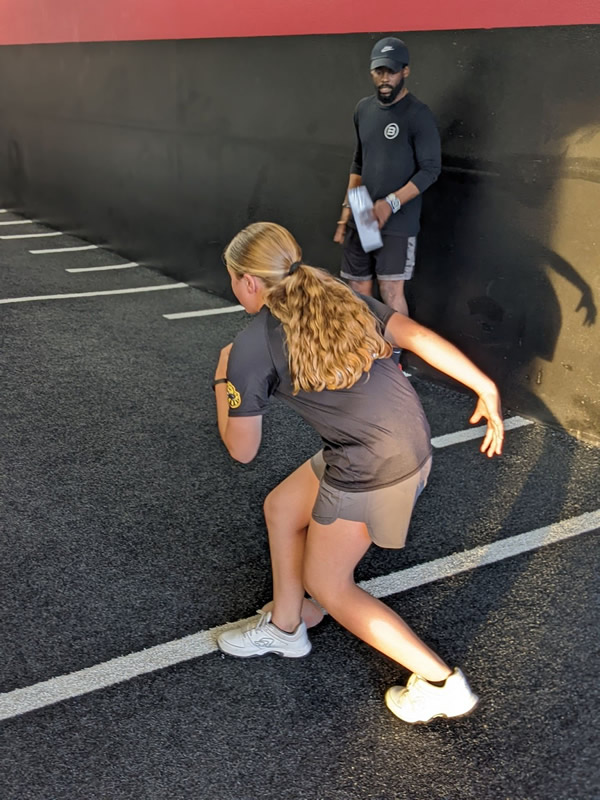
Female athletes need a diet that offers variety and good sources of all macronutrients (carbs, proteins, fats) just as their male counterparts. While there are some biological differences in the extent that female athletes may use macronutrients for energy, not getting enough calories can be seriously detrimental and dangerous for female athletes. As mentioned earlier, there is still not enough data and a huge stigma that exists around nutrition and strength training with female athletes. But the facts still hold true for men or women: Eat more →Gain energy →Train hard →Build muscle →Burn fat. -Boostman
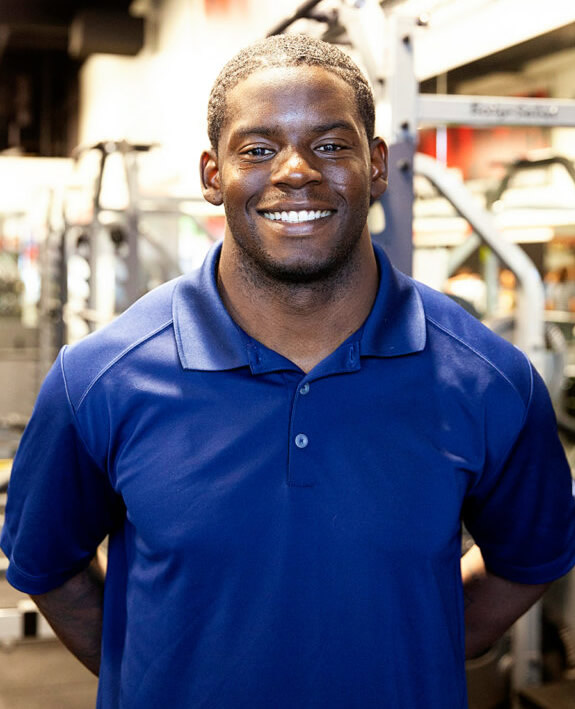
Owner, Boost Training Systems in Corona, CA
Level 1 & 2 Coach Bommarito Performance
CSCS, USAW

